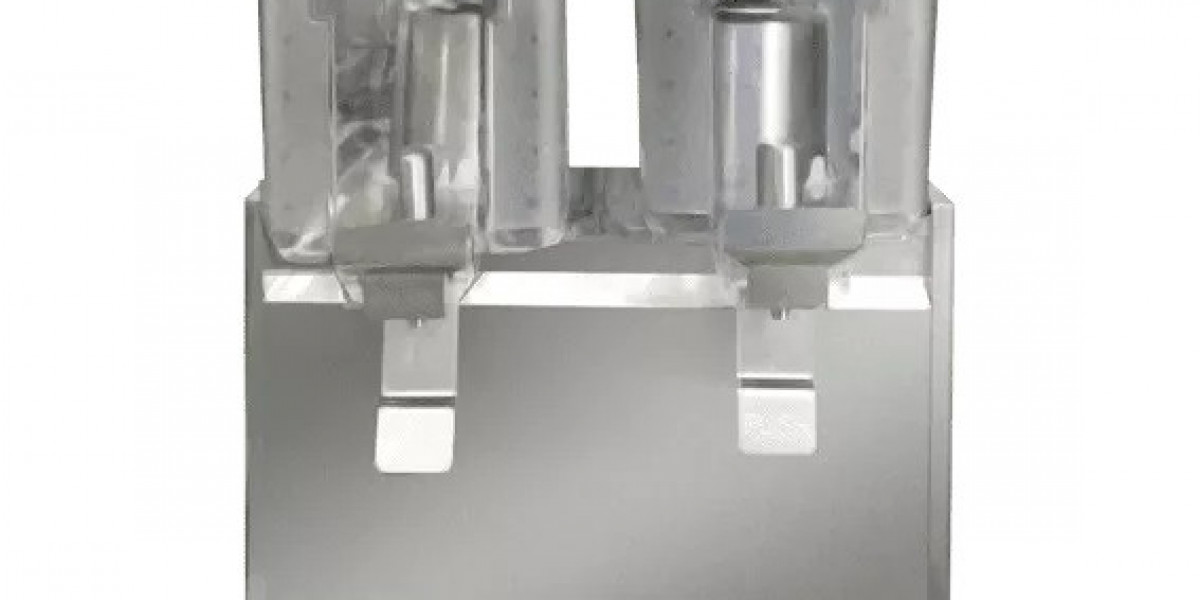Why does your basement feel damp even when it's not raining? Poor grading around your home could be slowly directing water toward the foundation. However, a proper home grading inspection reveals how water behaves around your property and flags problem areas you might miss. With this insight, you can prevent long-term structural issues before they begin. Read on to see how simple changes in slope can protect your most significant investment.
Checks the Ground Slope Around Your Home
A proper home grading inspection evaluates how the ground slopes around your foundation. The goal is to ensure water flows away from the home rather than pooling near it. The following points explain what inspectors look for and why it matters:
Assess Slope Direction
- Inspectors check whether the soil consistently slopes away from the foundation.
- A downward slope helps direct rainwater and runoff safely away from the structure.
Identify Poor Drainage Areas
- Flat or inward-sloping soil causes water to collect near the base of the home.
- Standing water increases the risk of basement moisture, erosion, and structural weakening.
Prevent Long-Term Damage
- Pooling water can lead to foundation cracks, settling, or mold growth.
- Early grading adjustments help prevent costly repairs and improve water management.
Finds Drainage Issues That Cause Damage
Improper grading allows water to collect near your foundation, often leading to structural concerns. The following highlights how these problems develop and why early action matters:
Improper Grading Directs Water Toward The Home
- When soil slopes inward, water accumulates near basement walls.
- This added pressure can weaken the foundation over time.
Standing Water Causes Soil Erosion
- Water washes away topsoil, reducing the ground's ability to support the structure.
- Erosion can also expose and destabilize foundation edges.
Moisture Increases The Risk Of Cracks And Leaks
- Prolonged exposure to water leads to foundation cracks and basement seepage.
- Shifting soil may cause uneven settling and structural stress.
Inspections Help Detect Drainage Issues Early
- Spotting these problems during a home grading inspection allows for quick corrections.
- Adjustments such as redirecting downspouts or regrading the soil can reduce future risks.
Evaluate the Property Slope for Safety
Proper grading is essential to control water flow and protect your home's foundation. The following shows how a property slope evaluation helps maintain structural safety:
- Guides runoff from the foundation to prevent water pooling near the structure.
- Reduces soil erosion around the base of the home, protecting support elements.
- It lowers the risk of water intrusion into basements or crawl spaces during heavy rain.
- Prevents long-term foundation issues by limiting moisture exposure that can cause cracks or settling.
By regularly checking the slope, homeowners can address drainage concerns early and avoid costly structural repairs.
Helps You Fix Problems Before They Spread
Timely inspections allow you to address grading and drainage concerns before they lead to more serious issues. Consider the following points on how early action helps prevent long-term damage:
Detects Issues in their early Stages
- Inspectors spot signs of poor grading or water accumulation near the foundation.
- These early findings guide necessary corrective steps.
Allows for simple, Targeted Fixes
- Minor grading adjustments can redirect water away from the structure.
- Rerouting downspouts or improving runoff paths helps control drainage.
Prevents Larger Foundation Problems
- Promptly taking action reduces the risk of cracks, shifting, or water intrusion.
- It also helps maintain the stability of the surrounding soil and building materials.
Shows When and Why to Inspect
Home grading inspections help ensure proper water flow away from your home, reducing the risk of moisture damage. Timing these inspections right is key to catching issues early. These are the best times to consider an inspection:
- After heavy rain, see if the water drains correctly or pools near the foundation.
- Before landscaping projects, ensure design changes won't affect drainage.
- When you notice erosion, such as shifting soil, bare patches, or uneven ground.
Adding grading checks to your maintenance routine helps ensure proper drainage continues to function effectively, such as:
- Soil conditions change due to weather or yard modifications, which can affect the slope.
- Routine inspections confirm that grading continues to move water away from your home.
- Timely adjustments prevent water buildup and reduce the risk of structural damage.
Stop Damage Before It Starts!
Therefore, a simple home grading inspection, proper property slope evaluation, and timely fixes for drainage issues can prevent major structural problems. It's far easier and more affordable to spot issues early than to repair foundation damage later. If you see pooling water or erosion, now's the time to act. For a reliable assessment, reach out to Montgomery County's home grading inspection and take a smart step toward long-term protection.



